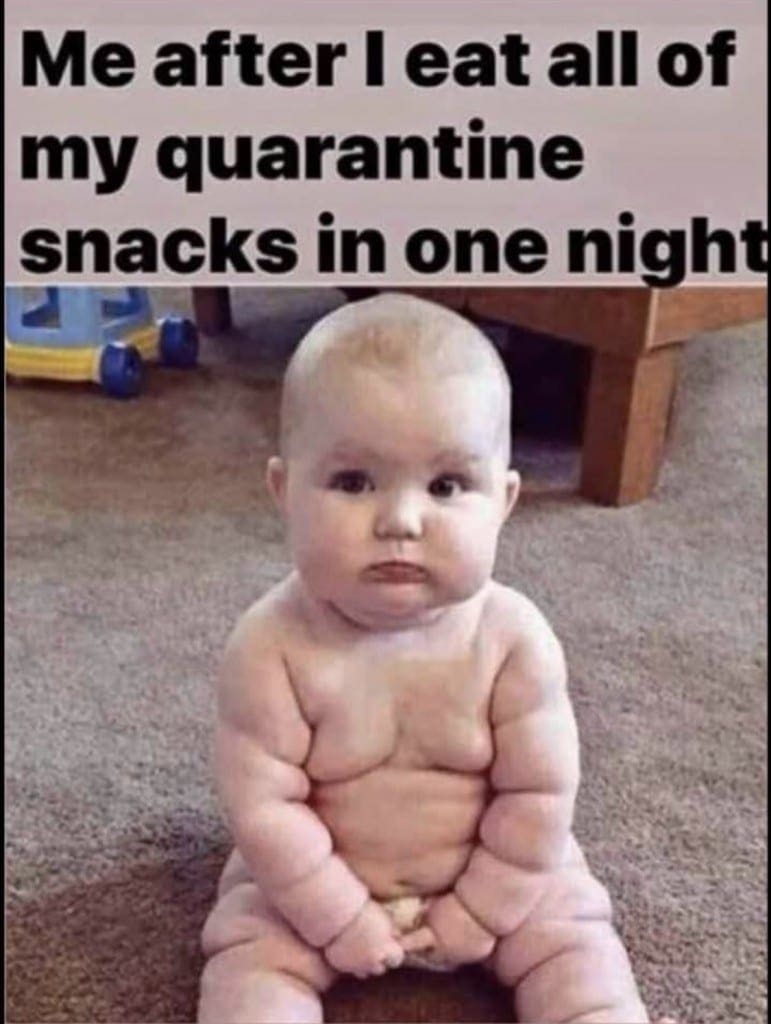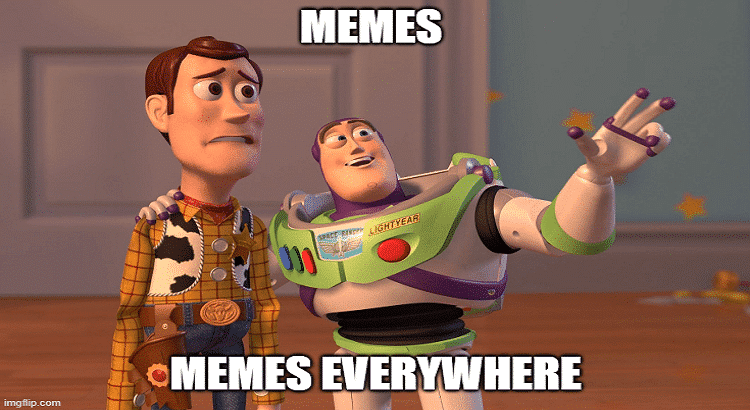Let’s start off by explaining what a meme is, in case you haven’t used the internet since dialing up on AOL 3.0. A meme, as defined by Merriam-Webster, is ” an amusing or interesting item (such as a captioned picture or video) or genre of items that is spread widely online especially through social media”.
Something to note, because I hear it mispronounced often: the proper pronunciation is not “me-me”. Imagine that the word rhymes with theme or dream.
Now, onto the fun stuff.
Why Do People Like Memes?
Memes make us happy. Memes make us want to share them with the world. But why? Vice did an interview with Dr. Kanan Khatau Chikhal, a clinical psychologist who has been analyzing the human brain for nearly two decades.
“Human beings need three things: love, self-esteem, and security. In our journey of seeking security, belongingness plays a very important role… That’s why people relate to memes—because they resonate with them, which creates a sense of identification. We form groups, and this identification with the meme culture is largely perceived with a feeling of ‘I’m not alone’.”
So what can that do for us, as business owners?
Why Use Memes in Marketing
For one, memes get shared rapidly. If you’re creating your own, and it’s a good one, it can go viral – along with your business. But even if you’re not creating your own, you should still use them.
Like the psychologist stated, they create a sense of identification and a feeling of being part of a group. This gives your business and brand humanization and helps you relate to your audience better.
Let’s look at the start of the recent pandemic as an example. The hilarious memes shot around like wildfire (and are still circulating).


Why did people love them? Because we’re all going through this together. We all “get the joke” because it’s something we can all relate to. And we all want to take something serious and make a little light of it so we can get through our days – together.
That sense of togetherness is what makes them a great marketing tool. It shows you, as a business, are with us too!
How to Use Memes for Marketing
So I’ve given the what and the why. So let’s talk about how. There a few key things to remember when using memes in your marketing, because not all memes are “good” memes.
- Match your brand’s voice. There’s a fine line between something being satire and relatable to something being off-color and inappropriate.
- Think about who your buyer persona is, what they like, how they are entertained, and what problems they may be facing.
- Don’t be afraid to be a little edgy, but still professional. You don’t want to offend someone, but you don’t want to be boring, either.
- Be relevant and trendy. Memes that have to do with current events are the ones that spread the most rapidly. Creating or using a meme that is relatable turns into a meme that is shareable.
- Don’t try to sell. While some companies create memes that are funny to market their own products, there should never be a call to action in the meme.
Remember, Millennials have surpassed baby boomers in the population. With their current stage of life, they represent a substantial amount of spending money. Millennials are considered so economically valuable, that many businesses transition their advertising and marketing strategies to cater to them. So don’t be afraid to loosen up. Start using memes in your content strategy: Because if you provide amazing content , you’ll find amazing customers!















